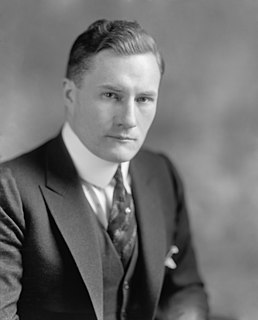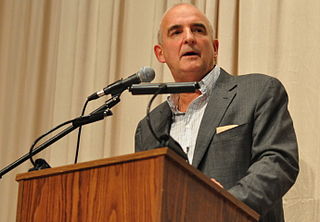Top 22 Interventionism Quotes & Sayings
Explore popular Interventionism quotes.
Last updated on April 14, 2025.
We need only take our heads out of the sand to see clearly that interventionism not only has failed to provide the promised something-for-nothing, but has led to all sorts of undesirable consequences. Indeed, many are just beginning to realize that we are moving towards disaster even though we have been on a wrong heading for decades.
In the time just before the bombing of Pearl Harbor, when Perfidia opens, we were pre-psychologized. There were no concepts of identity, no politics of victimization. Reparation wasn't in the language. Nobody thought about giving the great grandchildren of black slaves so much as $1.98. And all of a sudden the bombs hit, interventionism versus isolationism became a dead issue, and it was us-versus-them in a heartbeat.
There has been sort of, if you will, a moral interventionism on the part of the United States trying to reshape countries in our own image. Now, we had to go into Afghanistan. We didn't have to go into Iraq. But the idea that you could create a Vermont in the Middle East like that was naive from the beginning.
Until the 1930s, the Constitution served as a major constraint on federal economic interventionism. The government's powers were understood to be just as the framers intended: few and explicitly enumerated in our founding document and its amendments. Search the Constitution as long as you like, and you will find no specific authority conveyed for the government to spend money on global-warming research, urban mass transit, food stamps, unemployment insurance, Medicaid, or countless other items in the stimulus package and, even without it, in the regular federal budget.
To condemn free-market capitalism because of anything going on today makes no sense. There is no evidence that capitalism exists today. We are deeply involved in an interventionist-planned economy that allows major benefits to accrue to the politically connected of both political parties. One may condemn the fraud and the current system, but it must be called by its proper names ? Keynesian inflationism, interventionism, and corporatism.














